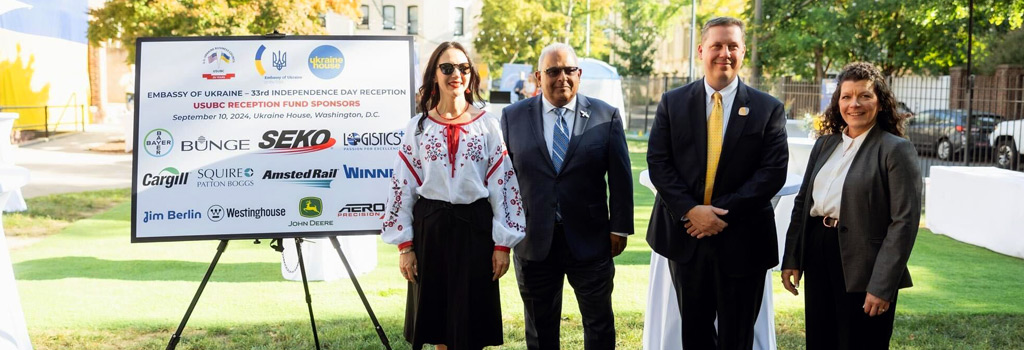|
The SMR-160 is a light-water based pressurized small modular reactor, which generates 160 MWe (525 MWth) and relies on gravity as the workhorse to operate the reactor and the completely passive safety systems. The SMR-160 is a universal reactor because it can be operated in any terrain, be it parched lands with little water such as the Arabian peninsula and America’s southwest, or coastal lands saturated with corrosive salt air, or the frigid expanse of the north Asia steppes. Having eliminated the risk of any significant radioactivity release under any credible accident scenario and by virtue of its small footprint, an SMR-160 power plant can be readily sited within densely populated metropolitan and industrial locations. SMR-160’s universality is also reflected by its flexible operational characteristics, being readily adaptable to applications other than generating electricity such as using a fraction of its output steam for an industrial plant. Simplicity and ease of operation make it unnecessary for a country to deploy a platoon of nuclear engineers to run it. Much of the engineered equipment needed for SMR-160 will be manufactured at Holtec’s Advanced Manufacturing Division in Camden, NJ, enabling a significant level of cost certainty. Satellite manufacturing plants in other SMR-160 host countries are also planned.
|
 Holodomor Posters
Holodomor Posters

.jpg) Holtec International
Holtec International

















